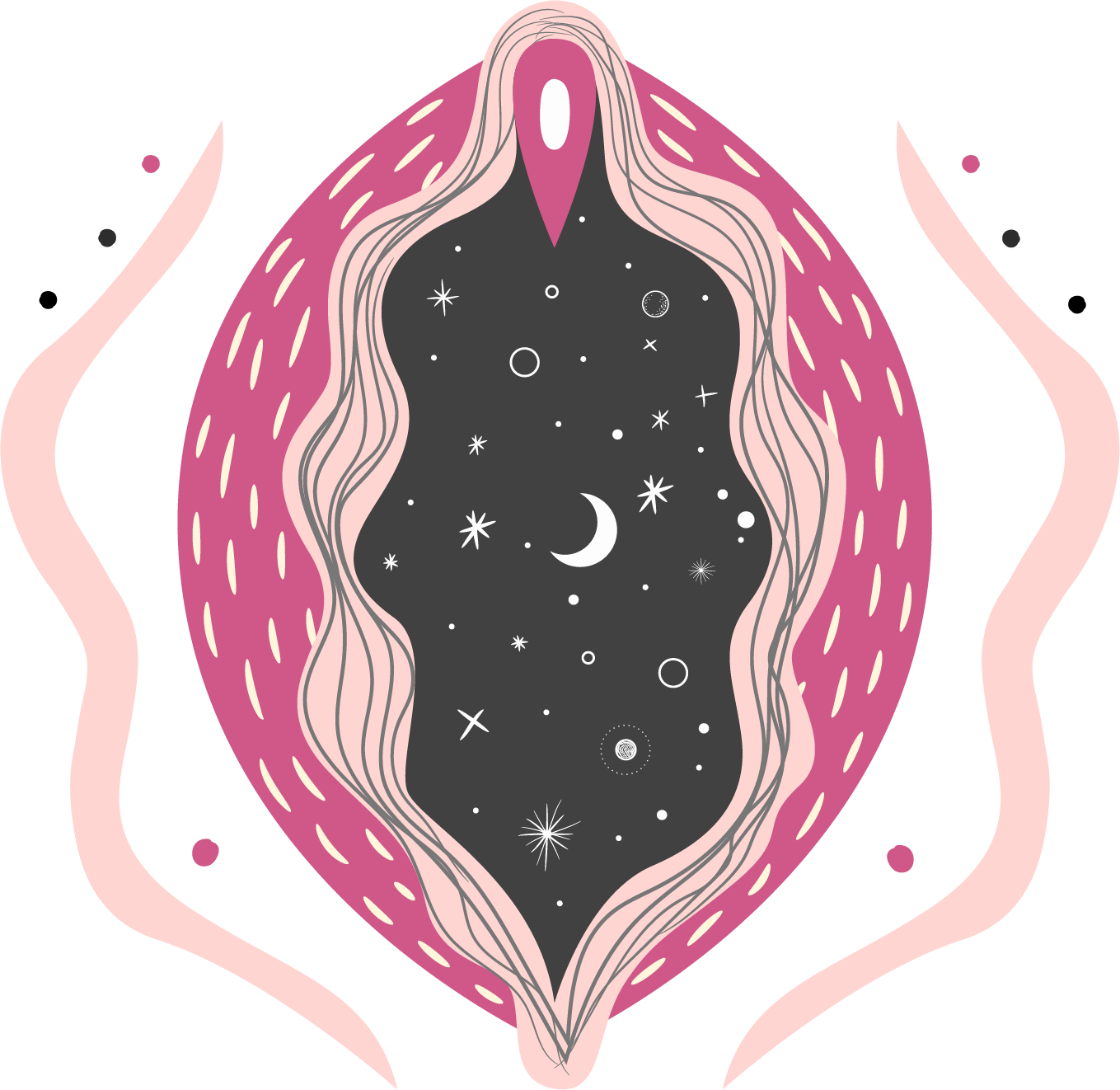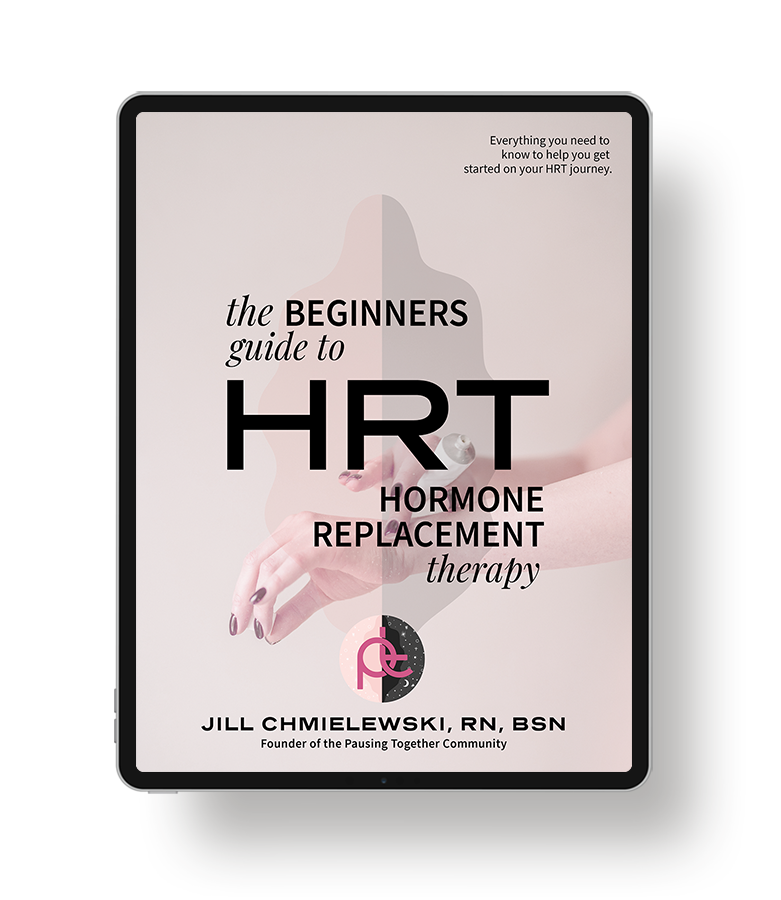If you’ve ever had a urinary tract infection (UTI), you know how miserable they can be. Painful, burning urination with a feeling of urgency. Some women experience a fever, back pain, and a whole host of other symptoms too.
The most common culprit for these not-so-great symptoms is E. coli, a bacteria that is endemic in the gastrointestinal (GI) tract. E.coli can make its way into the urinary tract where it can wreak havoc and cause an infection.
The best UTI prevention strategies include wiping front to back (so that we don’t bring E.coli from our gut to our urethra), drinking lots of clean, filtered water (to flush the urinary tract of unwanted bacteria) and peeing after a bath or sex.
Some midlife women find that even with all of the right UTI prevention strategies, they end up with recurring urinary tract irritation or infection. So what gives?
For starters, it’s essential to understand that as we venture through perimenopause toward menopause (and beyond), our gut and vaginal microbiome change. In layman’s terms, this means that the microbes – bacteria, fungi, protozoa, and viruses – that live on and inside the gut and the vagina change.
The vaginal microbiome is not very diverse, with just a few different types of microbial species. In contrast, the gut microbiome is very diverse (or at least it should be) with lots of different microbial species. A healthy microbiome protects us from unwanted and potentially dangerous pathogens. When our hormones decline during perimenopause and menopause, our gut and vaginal microbiomes change, leaving us more vulnerable to unwanted pathogens that can make their way to our urinary tract where they can cause issues.
Our microbiome isn’t the only thing that changes during perimenopause and menopause. Hormones play a crucial role in maintaining the health of our pelvic floor organs and muscles. As hormones decline, tissue integrity becomes thinner, less elastic, and less healthy overall. Our pelvic floor muscles take a hit, which you well know if you’re a gal who pees every time she laughs or sneezes. You can see why so many women experience an increase in urinary tract issues (and vaginal problems) as they hit their midlife years.
To boot, urinary tract pathogens like E. coli often exist inside of something called a biofilm. Biofilms are slimy little microbial safe havens that stick to the urinary tract’s lining and are often untouched by antibiotics. (According to the NIH, more than 80 percent of human bacterial infections are associated with bacterial biofilms.) So while Macrobid, Bactrim or Cipro may kill off some of the pathogenic bacteria in your urinary tract, you may find yourself days or weeks later with UTI symptoms. That very well may be due to bacterial biofilm that remained adhered to the lining of your urinary tract.
So how do we prevent recurring UTIs?
You’ll want to start making healthy choices in the food and lifestyle department that support a healthy microbiome.
- Sleeping eight hours per night consistently
- Flushing the urinary tract with lots of clean, filtered water
- Moving your body often throughout the day (too much sitting can feed into urinary tract issues)
- Eating a diet filled with whole, real foods (time to give up the sugar my friend)
- Reducing coffee, alcohol and carbonated beverages, all of which can irritate the bladder
- Incorporating probiotics and prebiotics into your routine
Hormone optimization is vital to ensure that the organs, tissues, and muscles are healthy “down there.” Replacing hormones with bioidentical hormones can be helpful.
Biofilm disruptors such as Interface Plus from Klaire Labs (always take on an empty stomach) can be game-changers. For UTI treatment and prevention, you might consider D-Mannose, an over-the-counter supplement that works by binding to E.coli so it cannot stick to the lining of the urinary tract. I’ve also used Thorne’s Uristatin, which contains Uva-ursi, an herbal antimicrobial that can help treat UTIs. Always check with your doctor before trying supplements.
If you want more information on this topic, Chris Kresser has written several articles about UTI treatment and prevention, which you can read by clicking here and here.
References
1. Domenici, L et al. “D-mannose: a promising support for acute urinary tract infections in women. A pilot study.” European review for medical and pharmacological sciences vol. 20,13 (2016): 2920-5.
2. Römling, U, and C Balsalobre. “Biofilm infections, their resilience to therapy and innovative treatment strategies.” Journal of internal medicine vol. 272,6 (2012): 541-61. doi:10.1111/joim.12004





